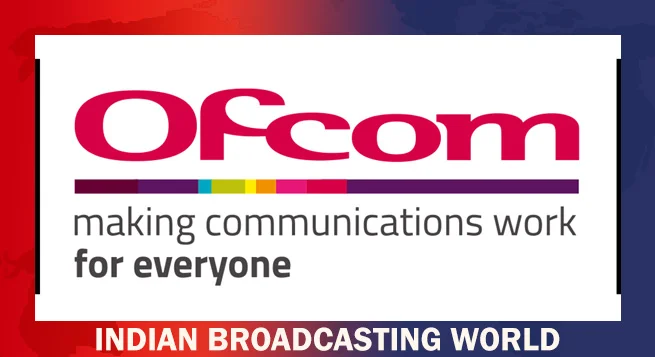United Kingdom’s communication regulator Ofcom has opened up a consultation on its decision to bring about changes in rules that govern listed sports events in the country and the list itself in the light of the changes in consumption patterns amongst consumers and the changed media landscape.
Listed events are sporting or other events of national interest designated by the Secretary of State for Culture, Media and Sport in the UK. They include the Olympic Games, the men’s and women’s FIFA World Cup and the FA Cup Final, amongst others.
The Listed Events rules aim to make sure coverage of these events is available for free to the widest possible audience. In some cases, Ofcom’s consent is needed to show exclusive live television coverage of a listed event.
The current regime seeks to make sure rights to live coverage of listed events are offered to broadcasters which meet certain criteria – specifically that they are free-to-view and received by 95 percent of the population. These are known as qualifying services.
The Media Act makes significant changes to the listed events regime. Instead of being restricted to traditional broadcast channels, the new regime will include any services which can be used to show live coverage of listed events to audiences in the UK, including the Public Service Broadcasters’ (PSBs) on-demand players, global media platforms and other internet-based streaming services, Ofcom said in a statement yesterday.
The Act also changes the definition of qualifying services to include only services provided by PSBs. All other services are non-qualifying. The regime aims to make sure that, where rights to a listed event are being sold, they are offered to both a qualifying and non-qualifying service.
As part of implementing these changes, Ofcom is required to define a number of terms used in the regime — specifically ‘live coverage,’ ‘adequate live coverage’ and ‘adequate alternative coverage’.
“We must also revise our Code offering guidance to broadcasters on the listed events rules. To help us carry out this work, we are seeking evidence about how viewing of listed events has been impacted by changes in audiences’ viewing preferences, technology, and the wider media landscape. We are also interested in how rights for listed events are packaged and sold,” the British regulator added.
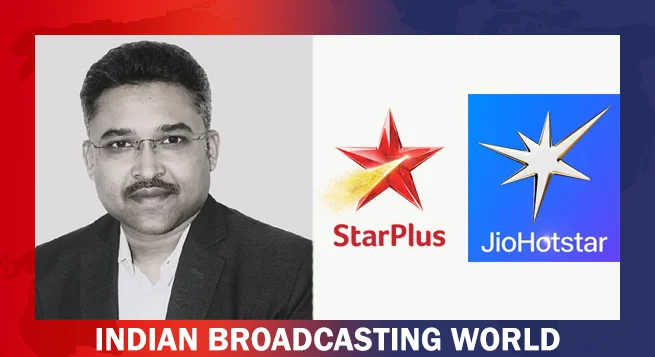 Avijit Dhar appointed VP-Marketing for Star Plus
Avijit Dhar appointed VP-Marketing for Star Plus 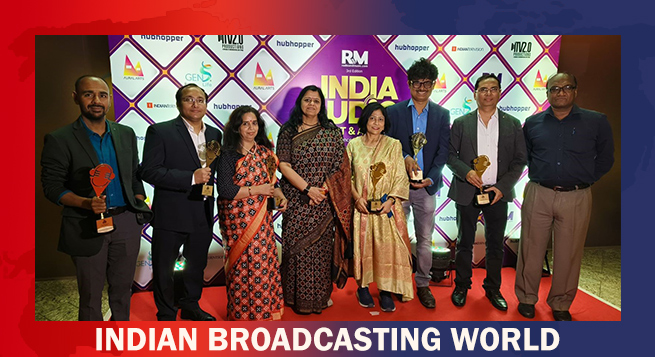 Akashvani bags 6 honours at India Audio Summit & Awards
Akashvani bags 6 honours at India Audio Summit & Awards  Govt tells media to desist from live coverage of defence ops
Govt tells media to desist from live coverage of defence ops  Jio Platforms net profit up 25.7% in Jan-Mar quarter
Jio Platforms net profit up 25.7% in Jan-Mar quarter 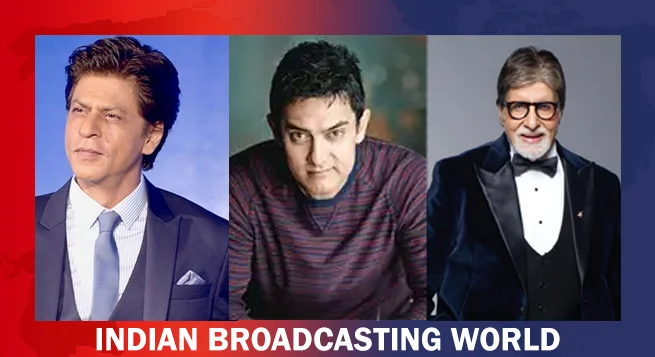 SRK, Aamir, Big B, Ted Sarandos, WPP CEO, MPA chief, other stars, to headline WAVES
SRK, Aamir, Big B, Ted Sarandos, WPP CEO, MPA chief, other stars, to headline WAVES 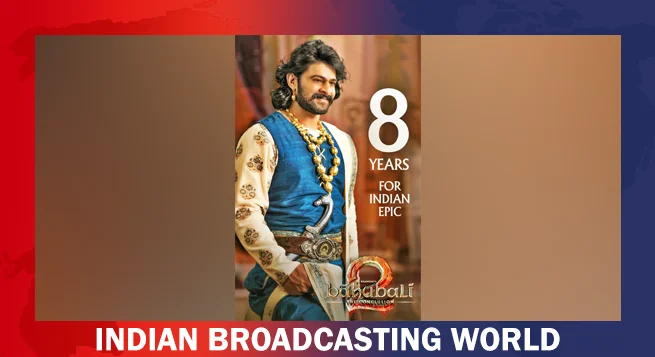 ‘Baahubali’ set for re-release in October
‘Baahubali’ set for re-release in October  Arun Nair named Biz Head of News Malayalam 24×7
Arun Nair named Biz Head of News Malayalam 24×7  ASCI modifies guidelines for health, finance influencers
ASCI modifies guidelines for health, finance influencers 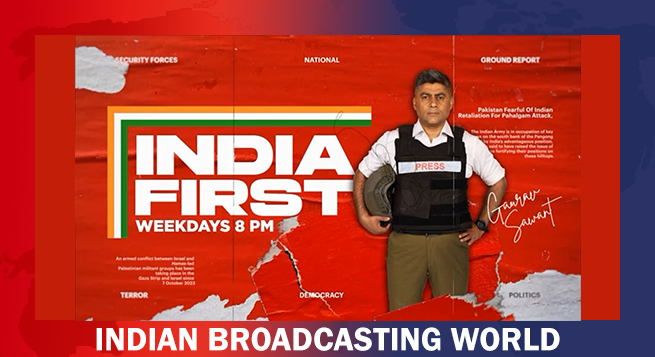 Gaurav Sawant to anchor ‘India First’ on India Today TV
Gaurav Sawant to anchor ‘India First’ on India Today TV 


